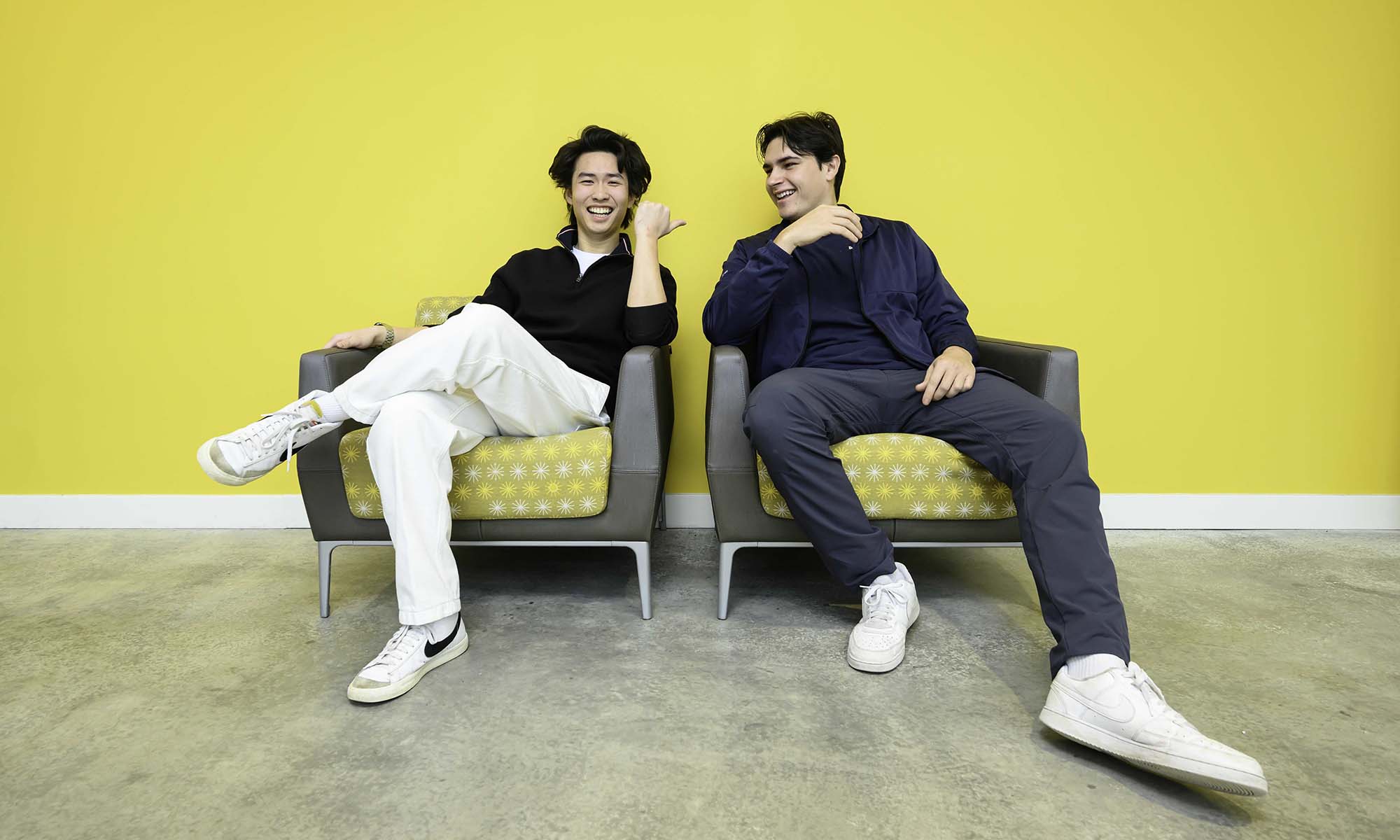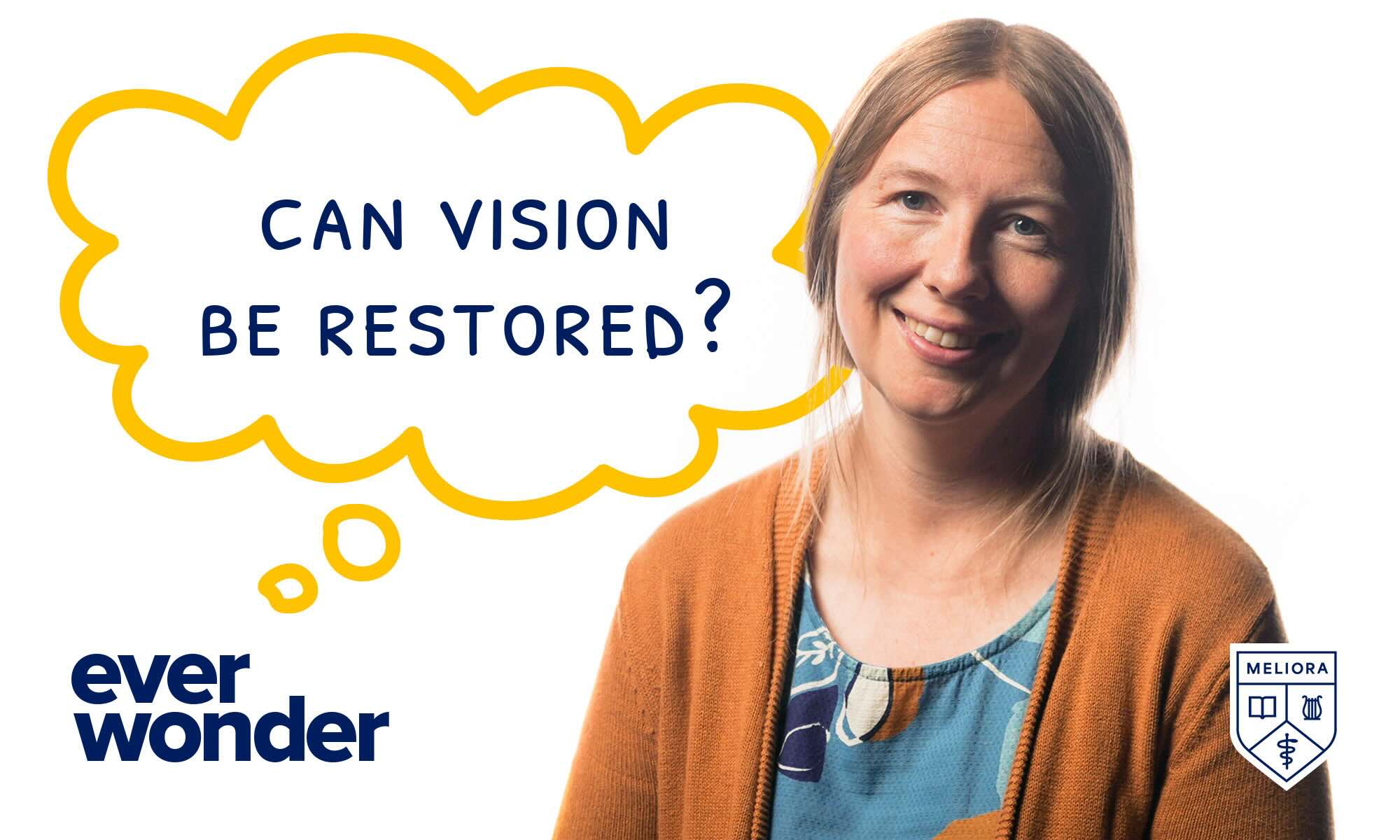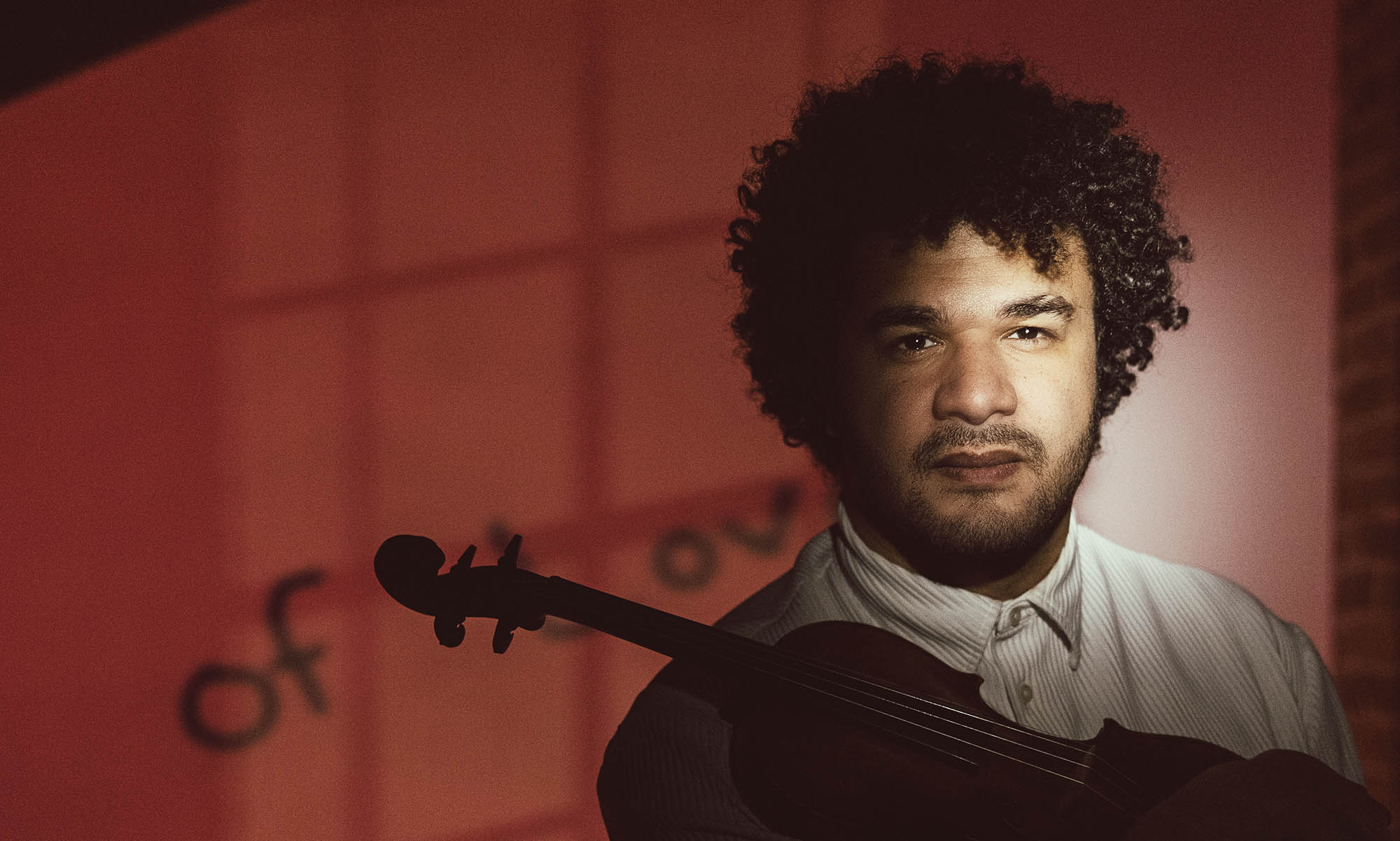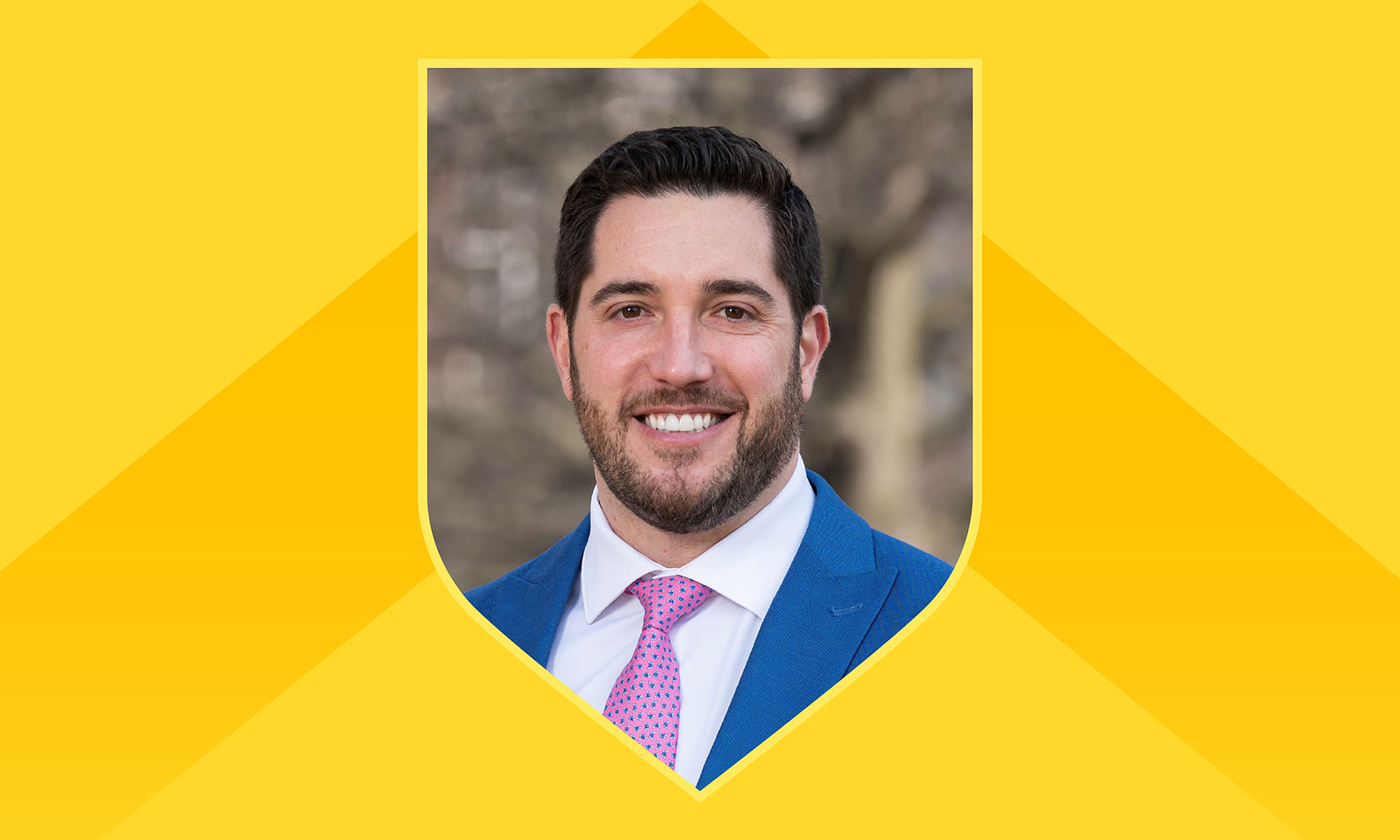
Science & Technology
Are humans predisposed to understand the complexities of music?
Listeners—regardless of formal musical training—can track complex tonal structures, offering a unique look at how the brain processes context.

A URochester expert on international conflict warns that regime change rarely brings stability.











